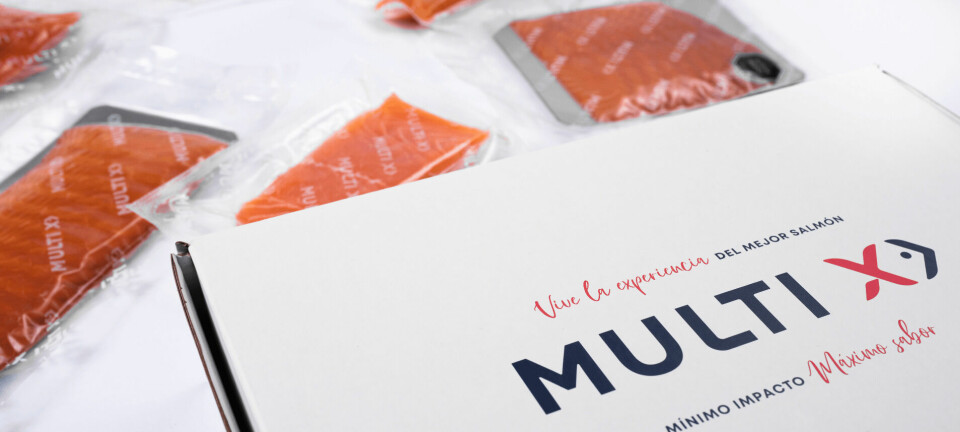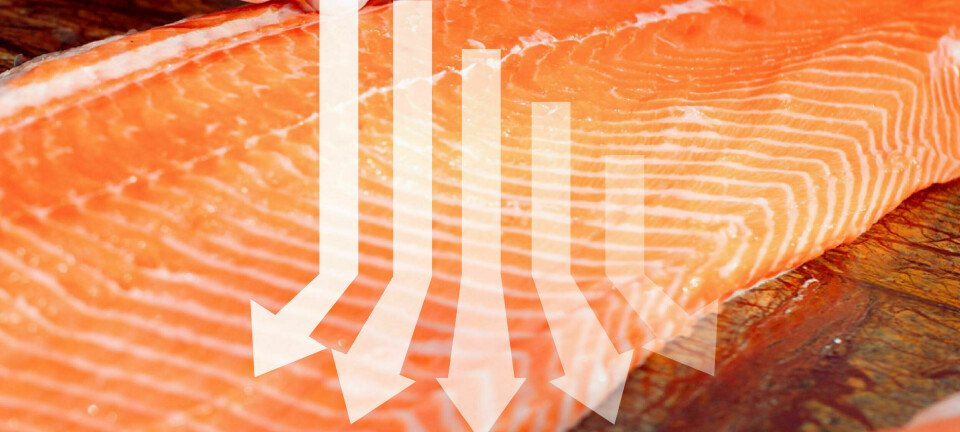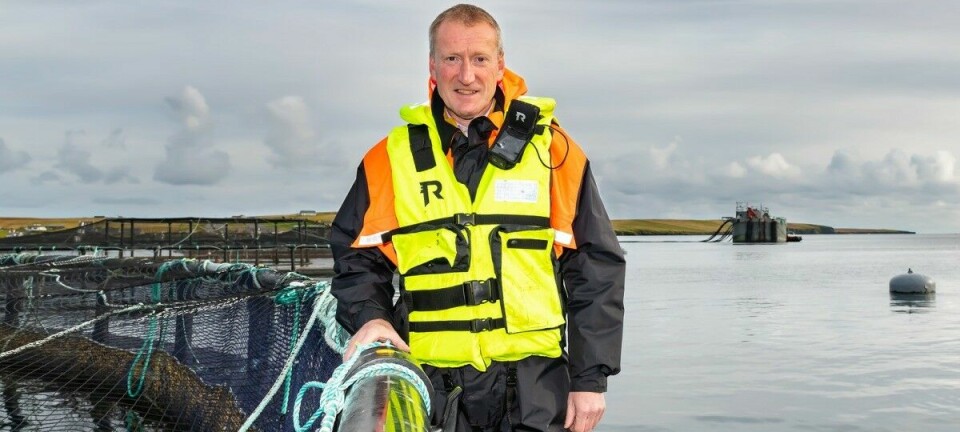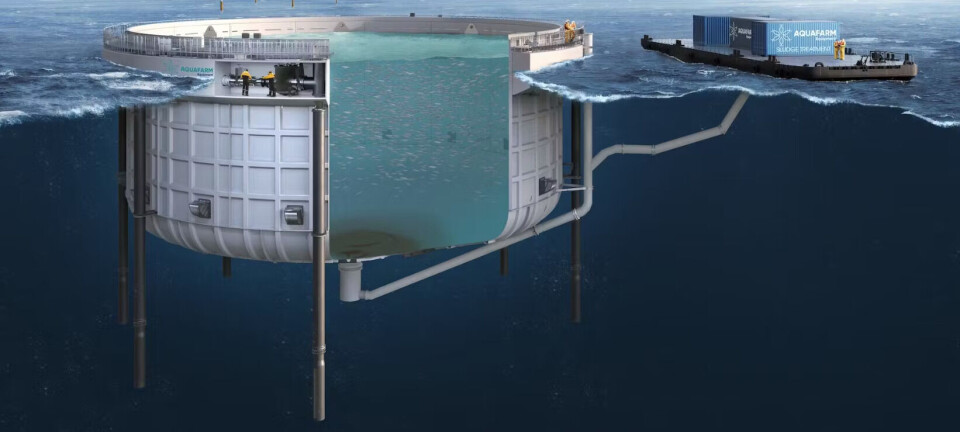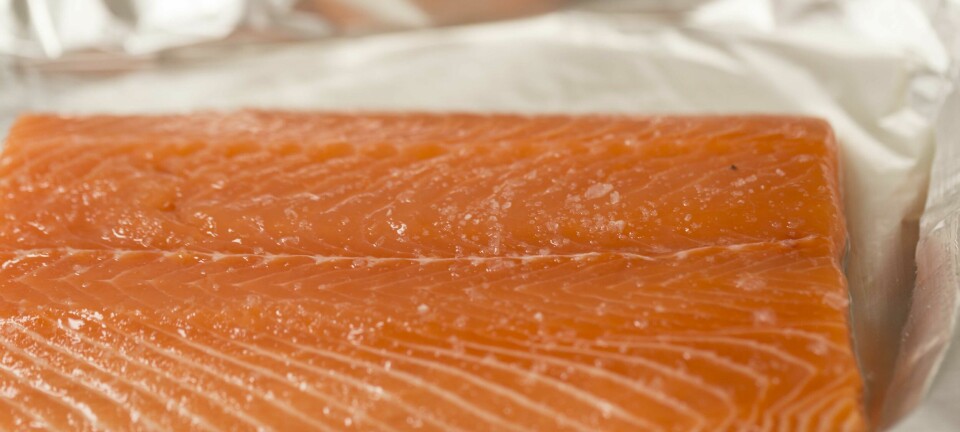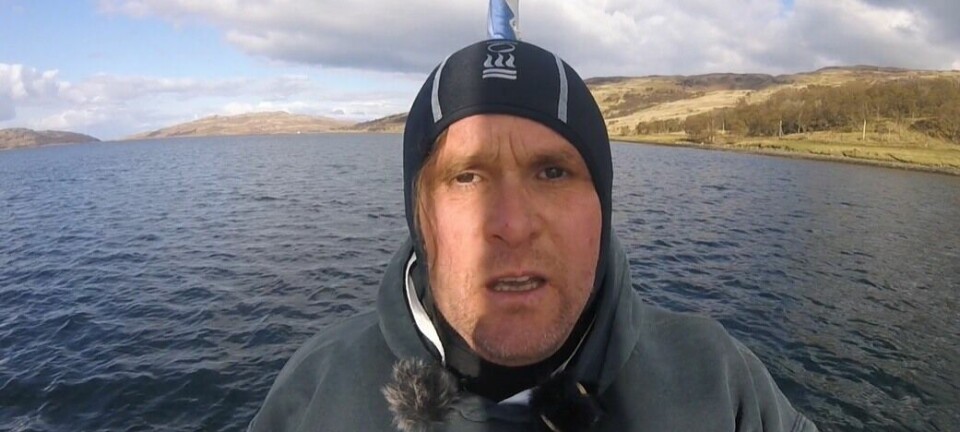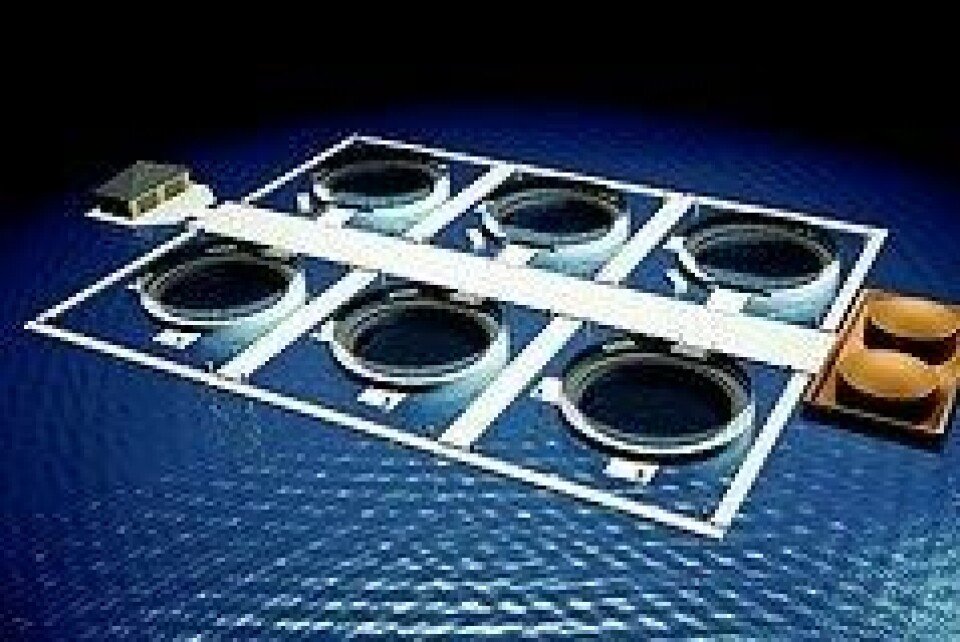
Environmental groups boycott aquaculture strategy development meeting
Opinion
Even though this is just the beginning of an extensive consultation process, the Coastal Alliance for Aquaculture Reform (CAAR) refused to accept an invitation by the Canadian government to participate in the development of a new strategy for aquaculture in British Columbia and Canada. Members of CAAR include the David Suzuki Foundation, the Georgia Strait Alliance, the Living Oceans Society, the T.Buck Suzuki Foundation and the Watershed Watch Salmon Society. Many of these groups get a considerable amount of their funding for anti-aquaculture (mainly net pen salmon farming) campaigns from wealthy foundations established by United States industrialists.
In a press release issued last week, long time and well known environmentalist Catherine Stewart said that the CAAR group had sent a letter to the Canadian government, stating that the draft aquaculture development strategy “.. can only be realized if growth of the aquaculture industry is restricted to closed containment facilities”, and therefore CAAR and its members and supporters did not see fit to accept the invitation to meet and discuss the proposed National Aquaculture Strategic Action Plan Initiative (NASAPI).
The plan places environmental sustainability in the forefront of the proposed plans, but the term “sustainability” means different things to different people. The Canadian Department of Fisheries and Oceans (DFO) makes no bones about their opinion that properly managed and regulated ocean net pen salmon farms should be considered sustainable, while the bulk of the many B.C.-based environmental groups insist that the only way salmon farming can be carried out in B.C. is by using some form of yet-to-be-determined “closed containment” rearing system.
DFO also maintains that there is always room for improvement through research and innovation.





